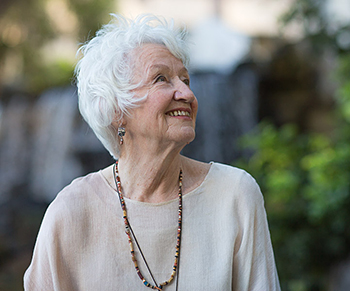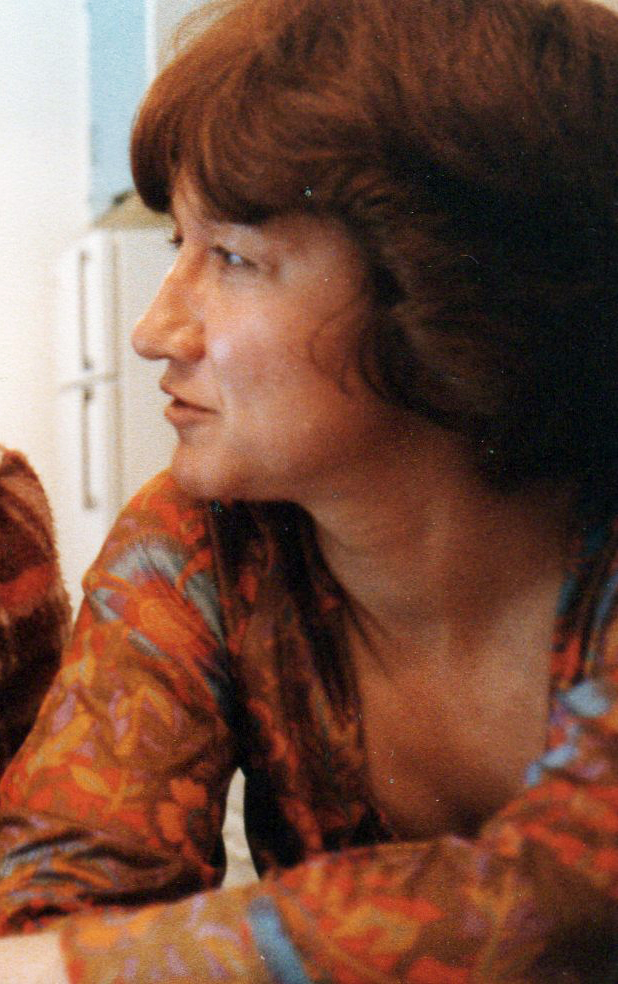My 1973 Trip to China:
A tribute to Zhou Enlai
Elisabet Sahtouris, PhD
In 1973 I had the amazing good fortune to be invited to China, along with nine other American scientists, for a six-week tour sponsored by the Foreign Affairs Bureau of China’s Scientific and Technical Association. We later documented this tour in detail as a published book called CHINA: Science Walks on Two Legs.
While I cannot trace this invitation directly to Premier Zhou Enlai, I have reason to believe it came from him, as I know he was responsible for a private meeting set up for me with three members of the Central Committee. At this time he was already ill, moving toward the end of his magnificent life as a Chinese revolutionary, premier and global peacemaker.
Our American group was gender-balanced and ranged from a nurse to a nuclear physicist; I was a biologist. Our generous hosts asked us where we would like to visit, and in response took us to research labs, hospitals, a mental institution, farms and engineering projects — even, at my personal request, to a prison, as I was working in the criminal justice system at that time. The whole trip was jaw-droppingly awesome, as we saw the considerable positive achievements of the Revolution still underway.

Most impressive of all, we visited Red Flag Canal in the Taihang mountains, where peasant youth with no money or equipment, and against government instructions, had smelted iron from the dry red earth of their drought-ridden valley to make tools and manufacture home-made dynamite to blast tunnels through mountains, building aqueducts over valleys to convey water from a river 70 kilometers away. Etched in my memory forever is the look of old people weeping in joy as the water flowed to them down that mountain and listening to the gutsy young women who called themselves the Iron Girls Dynamite Team.

One morning, to my surprise, I was taken off alone, without the rest of the group, to meet with three members of the Central Committee governing China, who expressed interest in understanding what kind of political work I was doing in the USA. I quickly understood the reason for this private conversation. A political colleague and dear friend of mine in New York City, Bill Epton, had been widely condemned by courts and press as a communist agitator and terrorist, when he was actually a peacekeeper during the ‘Long Hot Summer’ riots exploding in Harlem. China’s Premier Zhou Enlai had invited him to China in 1971, and Bill had let him know I was part of this group of still-rare American visitors. Though he was ill, he had arranged my visit with his colleagues.
In the course of this very special conversation I mentioned a variety of things I had done, such as organizing anti-war demonstrations, supporting workers’ strikes, blocking evictions and so on. None of this lit the CC members up as much as when I told them about something I had done recently in my work with the Juvenile Justice Commission of Massachusetts. A group of Harvard University student interns was sent to me; I had dispatched them into the ghetto streets of Boston, armed with tape recorders, to interview the kinds of youth revolving through the juvenile justice system as delinquents, asking them how their society was failing them.
That, said the smiling and nodding CC members, was good political work, pointing out that we American political activists should not try to copy China, which was only beginning its own long path to a just society, but ask our own people how we could best help meet their needs!

Elisabet Sahtouris, 2018
Elisabet Sahtouris
Evolution Biologist
http://www.sahtouris.com

Elisabet Sahtouris, 1977